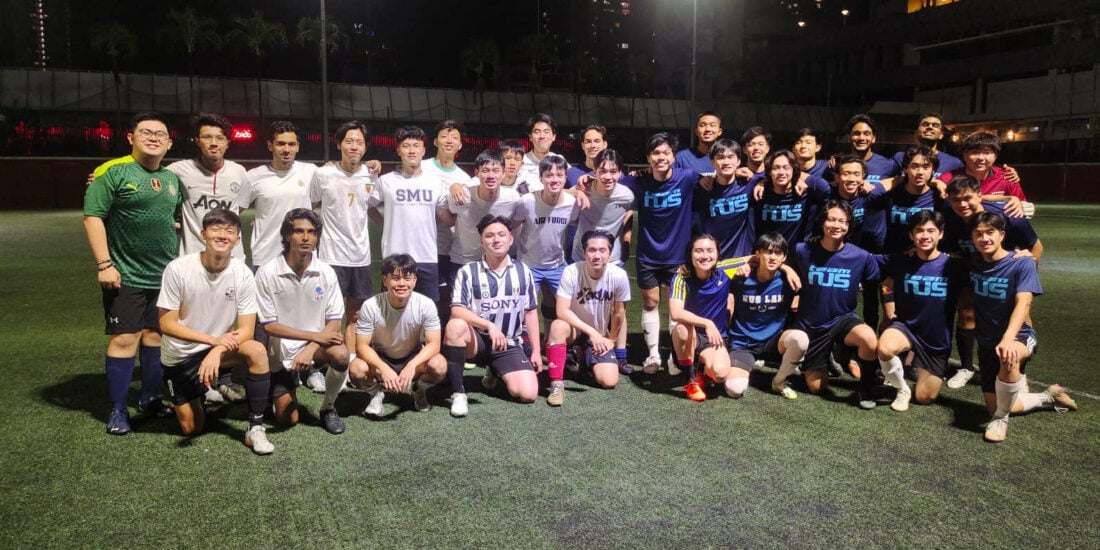
Thinking About Growth
Congratulations on being called to the Bar! Being conferred the status of advocate and solicitor (and hopefully, a practising certificate!) gives you the opportunity to take on more challenging work, which I hope you will welcome and not shy away from.
I wish to share with you the importance of practising a growth mindset (as opposed to a fixed mindset) along with some pointers which I hope will be helpful in your legal career and aid your growth.
A growth mindset sees failure as a springboard for growth and for stretching our existing abilities. A growth mindset sees success as a recognition of the effort and improvement we’ve made. On the contrary a fixed mindset sees failure (and success) as a confirmation of our abilities. But our abilities are not – and should not be – the same across time. The book Mindset: The New Psychology of Success by Carol Dweck explores these two mindsets in depth.
Often, we are beset with negative thoughts about our abilities. This is especially so for junior lawyers who have yet to develop their skills and knowledge in the law. We may wonder if we are truly suited to be a lawyer, whether we will fail, and whether we will look stupid and be exposed for our lack of ability.
You may also have heard of impostor syndrome where people doubt their skills, talents or accomplishment and fear being exposed as frauds. You may also have heard of affirmation-seeking behaviour where there is a tendency to please others and to seek compliments or positive feedback. I’ve seen people struggle with thinking that they are not good enough and that they are not suited for the law, exacerbated by labels from their superiors that they are incapable and not predisposed to law.
These thoughts hinder us because they cause us to be less self-confident, more anxious and frustrated at being unable to meet standards. We may become fixated on how our work will reflect our abilities and be worried that others don’t think well of us.
Conversely, thinking that we are good enough also falls into the fixed mindset trap. We may deny ourselves crucial opportunities for growth if we don’t take up challenges and don’t consider feedback seriously.
With a fixed mindset there is a tendency to think that we are either “smart” or “stupid” or “good” or “bad” at something and to prove ourselves repeatedly. A related observation appears in the well-known Atomic Habits book by James Clear, where he points out that people repeatedly make statements downplaying themselves, which causes them to disengage from activities that they think they are not good at. Ultimately, their statements become self-fulfilling because they don’t give themselves a chance to become better. For instance, someone may say, “I am bad at math” or “I am bad at directions” and will avoid solving math problems or navigating by having others do it instead, which means they will lack practice and end up not improving at math or navigating.
With a growth mindset, we are cognisant about our capacity for growth, and the improvement that we’ve made. We tend to think “I’ve done well but I can do better”. We become more inclined to take on challenging work, recognising that putting in the effort will make us better. Even if we are exposed along the way for not being good enough, we take any realisation or criticism as a way to learn. We may not have been the best students with top grades but that doesn’t mean we cannot become good lawyers.
We can manifest a growth mindset by avoiding thoughts associated with a fixed mindset, and replacing those thoughts with a growth mindset. Here are some examples:
| Fixed mindset | Growth mindset |
|---|---|
| Intelligence is status | Intelligence can be developed |
| Avoids challenges | Embraces challenges |
| Gives up easily | Persists in the face of setbacks |
| Sees effort as fruitless | Sees effort as the pathway to mastery |
| Ignores useful negative feedback | Learns from criticism |
| Feels threatened by the success of others | Finds lessons and inspiration in the success of others |
| Outcome: A deterministic view of the world. May plateau early and achieve less than their full potential. | Outcome: A greater sense of free will. Reach ever-higher levels of achievement. |
In practical terms, how can we challenge ourselves and learn from criticism?
- Don’t be affected by negative comments and reframe them as comments useful for your learning. Whenever someone says that you are not good at something or did a task badly, reframe the comment to mean that you can be better, or you could do the task better in the future.
Some mentors will practise positive coaching and others will practise negative coaching. If you watch football, you will notice that José Mourinho calls out players who played badly during a football game during media interviews, but Pep Guardiola doesn’t do that – instead, Pep recognises that the players have room for improvement and didn’t perform to their potential. If your colleague makes a negative comment or calls you out in front of others (and possibly even the Court), recognise that the issue may lie with them and not with you.
See negative comments as an indication that you should and can improve. Remind yourself what you’re doing well, and what you’re not doing so well, so that you can practice self-affirmation instead of seeking or relying on affirmation from others.
- Don’t shy away from opportunities and actively look for them. As a junior lawyer, you may be dealing with the discovery of documents and the drafting of simple letters most of the time. When an opportunity comes along for the matters that you’re working on to draft submissions or to do an interlocutory hearing, take the initiative to ask whether you can do it. You may be rejected, but there’s no harm in trying – you will never know if you don’t ask – and this is your chance to show your enthusiasm.
If your colleague asks whether you would like to try your hand at drafting or argue at a hearing, go for it! Don’t ever think that you’re too junior to do something because there’s always a first time. Plus, you can always do more preparation to make up for your relative lack of experience.
I wish you a fulfilling journey of growth ahead!






